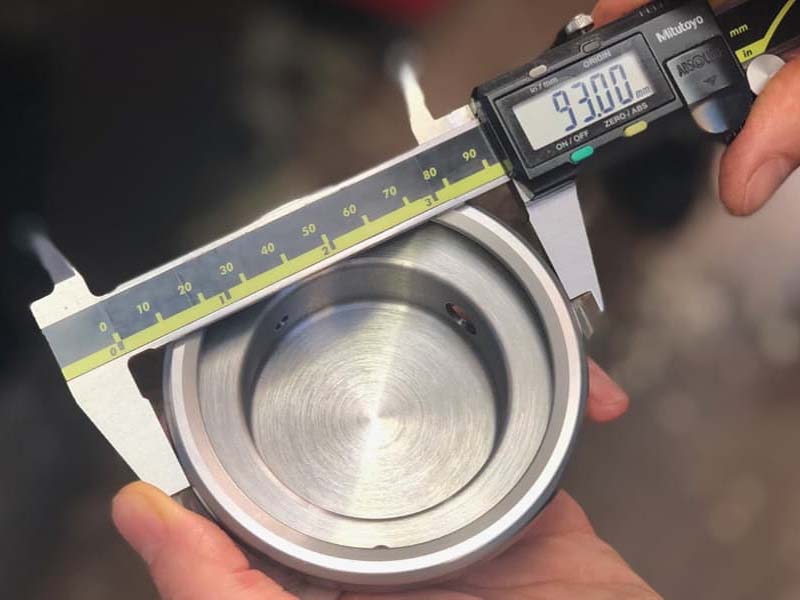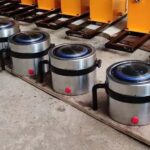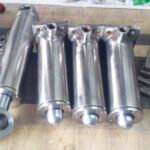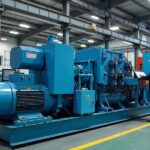Precision Engineering: Crafting the Extraordinary
Precision engineering is a specialized field of engineering that focuses on designing and manufacturing products with extremely tight tolerances and high levels of accuracy. It involves the use of advanced technologies and techniques to create components that meet exacting standards of precision, repeatability, and stability.
Key Characteristics of Precision Engineering:
- Tight Tolerances: Precision engineers work with dimensions measured in microns (millionths of a meter), ensuring that components fit together seamlessly and function as intended.
- High Accuracy: The products produced must be highly accurate to perform their specific tasks effectively.
- Repeatability: The ability to consistently produce components with the same level of precision is essential in precision engineering.
- Stability: The manufactured products must maintain their precision over time, even under varying environmental conditions.
Applications of Precision Engineering:
- Aerospace: Aircraft and spacecraft components require extreme precision for safety and performance.
- Medical Devices: Precision engineering is crucial for the production of medical instruments, implants, and prosthetics.
- Semiconductors: The manufacturing of microchips and other electronic components relies heavily on precision engineering techniques.
- Optics: Telescopes, microscopes, and other optical instruments require lenses and mirrors with precise dimensions.
- Automotive: Precision engineering is used to produce high-performance engine components, fuel injection systems, and other critical parts.
Advanced Technologies Used in Precision Engineering:
- CNC Machining: Computer numerical control (CNC) machines can create complex shapes with extreme precision.
Laser Cutting: Lasers can cut materials with high accuracy and minimal distortion.
- 3D Printing: Additive manufacturing techniques can produce intricate components with complex geometries.
- Metrology: Advanced measurement tools and techniques are used to ensure that products meet the required tolerances.
- Nanotechnology: Precision engineering often involves working at the nanoscale to create tiny components with unique properties.
In essence, precision engineering is the art and science of creating the extraordinary. By combining advanced technologies, meticulous craftsmanship, and a deep understanding of materials and manufacturing processes, precision engineers produce components that are essential to a wide range of industries.






